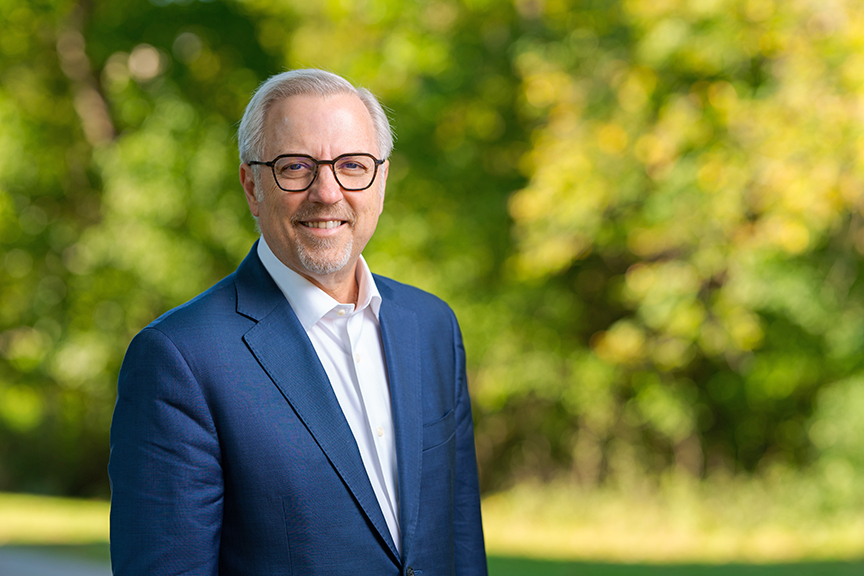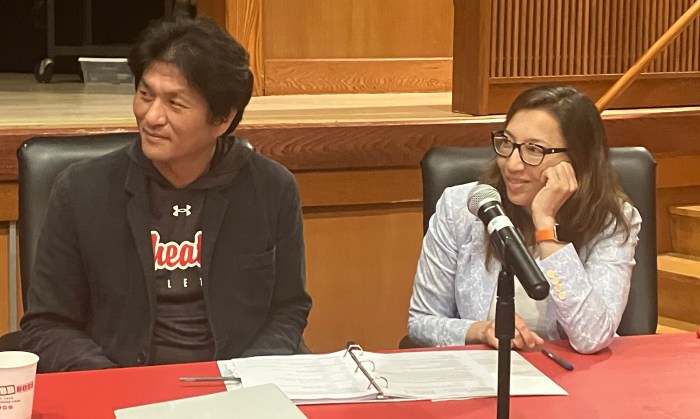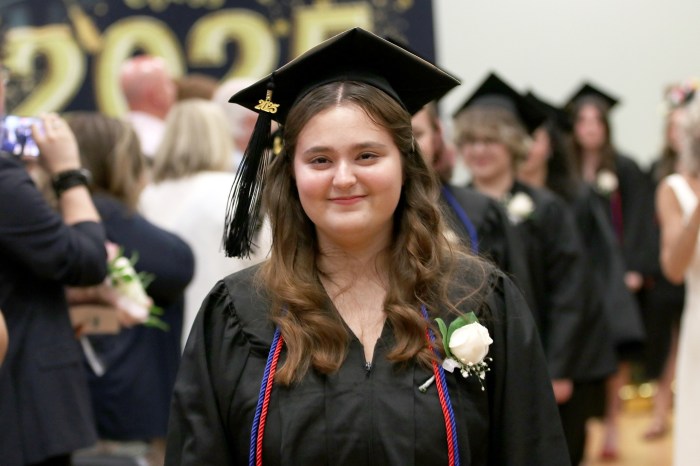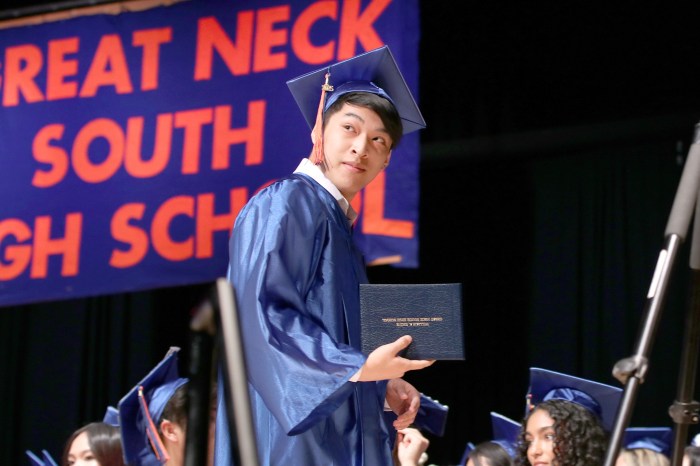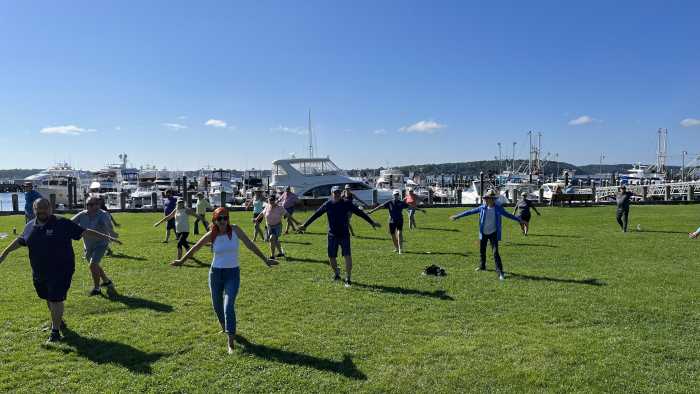James Lentini took over as president of Molloy College, in Rockville Centre, in June 2020 soon after Covid-19 hit. After serving as senior vice president for academic affairs and provost at Oakland University from 2013-2020, he steered Molloy through the pandemic. An experienced educator and education administrator as well as a composer and guitarist, he talked with us about leading through the past year, the present and the future.
What was your best preparation for the job at Molloy?
I was a provost before that, so I had a lot of leadership responsibility. As president, you’re the spokesman and leader of the institution. I had good preparation for this.
How’s enrollment been through the pandemic and how is it now?
Enrollment is roughly 4,800. We have an increase in freshmen students. It’s still some weeks to go until September. Our enrollment’s holding pretty good and steady. We have had a slight decrease during Covid. So did almost everyone else. Looks like this year we’re heading back to normal.
Can you tell me about Molloy’s financial aid?
Practically every one of our students gets some financial aid. We offer generous financial aid packages to students. Molloy, I think, is one of the lowest-priced private institutions on Long Island.
How was Molloy able to shift online during the pandemic?
We really ramped up training for faculty members who jumped with both feet into preparing their online courses where they hadn’t done them before in some courses.
Have you run exclusively or primarily online?
In the past year, we ran mostly online, successfully getting students through programs, getting to a commencement with an in-person element that everybody loved.
What program areas are growing and why?
Nursing has always been a growing area at Molloy, only constrained by our physical space. The areas in healthcare are growing. We’ll be expanding our healthcare programs in the future.
Have you changed your nursing program amid the pandemic?
Nursing is such a great program at Molloy. Because of limitations at hospitals over the past year, we built new simulation labs to allow students to work in the simulation environment.
Can you tell me a little bit about a Molloy program in the arts?
One of our outstanding programs is a program called the Cap 21 musical theater program. We have a space in Manhattan where students rehearse. They travel between Molloy’s campus in Rockville Centre and lower Manhattan. They’re some of the top talents in the country. They’re actors, dancers, singers.
What new graduate degrees have launched or are on their way?
We have an advanced certificate in nursing education. Our entertainment and sports management programs are pretty recent. The newest things in our curriculum are around our development of badges and certificates for the adult learner.
Can you tell me about those programs?
These tend to be stackable certificates. Let’s say you get a certificate in business analytics. You get credits and can then take a course in management. They can become a degree program and become a master’s degree. Some people may not need the degree. They get training in data analytics. Cybersecurity is a growing area. We’re looking at developing a certificate area in cybersecurity.
Can you describe the way you used cars as an element in commencement when a conventional ceremony wasn’t possible?
We had 400 cars at a time in a parking lot, spaced out. They could have as many people as they wanted in a car. We took the students graduating from cars into the Madison Theatre [on campus] and greeted them.
Did you use video as a component?
We had 10 big screens out there. Parents and families were watching students cross the stage on big screens. I’d go out to the parking lot. Some said it was better than normal, not in a crowded arena.
How did you handle the commencement speech?
I gave the commencement speech live.
In addition to being an academic and administrator, you’re a composer and guitarist. What, if anything, do composing and performing music have in common with leading a higher education institution?
Having a common goal. It might be that in music, we want this piece to be interpreted a certain way. I need everyone to unify around that vision. Having to do that is useful at a school when it comes to organizing a team around you.
These have been tough times in a lot of ways; a positive but realistic approach probably mattered a lot. Would you say you’re an optimistic person?
I’m an optimist. You have to be that way and I am that way. It’s easy to be an optimist when you talk to students. They managed so well. I’m frequently with student leadership. They couldn’t have been more upbeat and positive.
With health as a concern, have you made infrastructure improvements related to the pandemic?
We upgraded our air purification systems across campus. That made it safer for the air quality during Covid and lessened the spreading of any germs. The air purification system was a major upgrade. The other things are mostly renovations and upgrades.
Are you heading back to an in-person model?
We are going to be in person. We will have some online courses, not much different than before the pandemic. We know students are excited about coming back to campus.
Sign up for Long Island Press’ email newsletters here. Sign up for home delivery of Long Island Press here. Sign up for discounts by becoming a Long Island Press community partner here.




